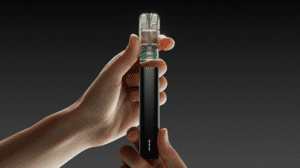 Snowplus has obtained a production license from China’s State Tobacco Monopoly Administration, which grants the company a quota to produce 80 million pods annually, according to a press release. The company stated that it will now takes on the “challenge and responsibility to help lead the development of a healthy and sustainable vaping industry.”
Snowplus has obtained a production license from China’s State Tobacco Monopoly Administration, which grants the company a quota to produce 80 million pods annually, according to a press release. The company stated that it will now takes on the “challenge and responsibility to help lead the development of a healthy and sustainable vaping industry.”
While the U.S. government has strict regulations for vaping products, there has been a rise in fake or counterfeits of popular brands in the country, which has led to an increase in incidents relating to poorly manufactured variations, according to Snowplus. This highlights the importance of using a reputable, tested and certified vape product.
For Snowplus Tech, a China-based e-cigarette manufacturer, equipment safety and quality are top priority. Snowplus products are designed in-house, developed by experts in specialist R&D centers, and manufactured in one of the largest, most advanced e-cigarette facilities in the world, according to the release.
Established in Jan 2019, backed by investors such as Zhen fund and Sequoia, Snowplus has more than 60 criteria for testing, ensuring highest standards of safety and quality. With three CNAS certified research laboratories, its safety protocols are recognized and interoperable by 65 institutions in 50 countries, according to the release.
“There is an increasing trend for cheap counterfeit vapes on the market, which we find deeply concerning,” said Derek Li, Snowplus co-founder and head of overseas markets. “That is why we have invested heavily in product research to create products that enhance the vaping experience while ensuring it is as safe as possible.”
Snowplus has invested over $2 million in quality and safety research and to help prevent e-liquid from leaking out of products, it conducts impact tests in variable temperature, humidity and pressure conditions, according to the release. In addition, Snowplus’ batteries pass two tests before assembly to “guarantee that devices can operate in different environments.”

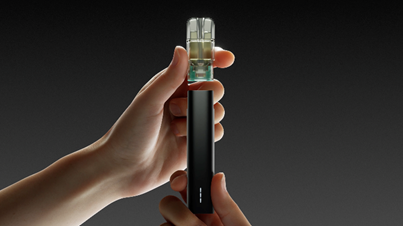
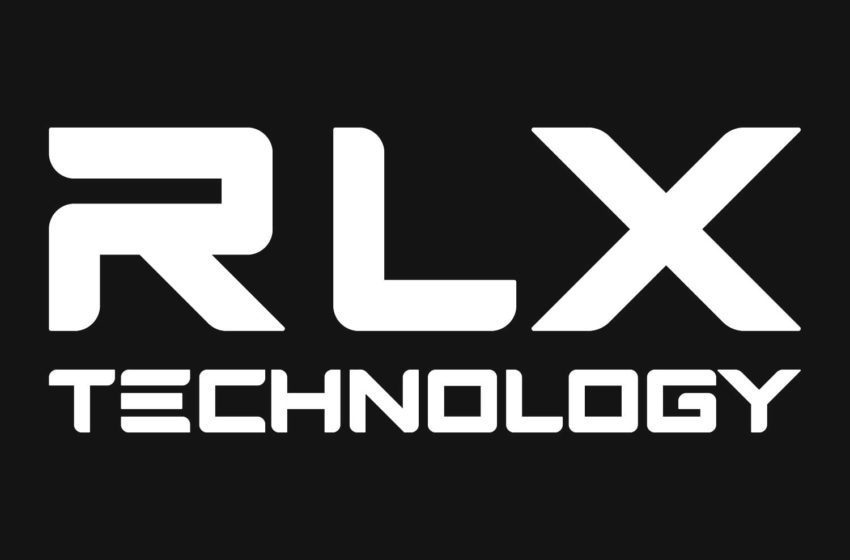
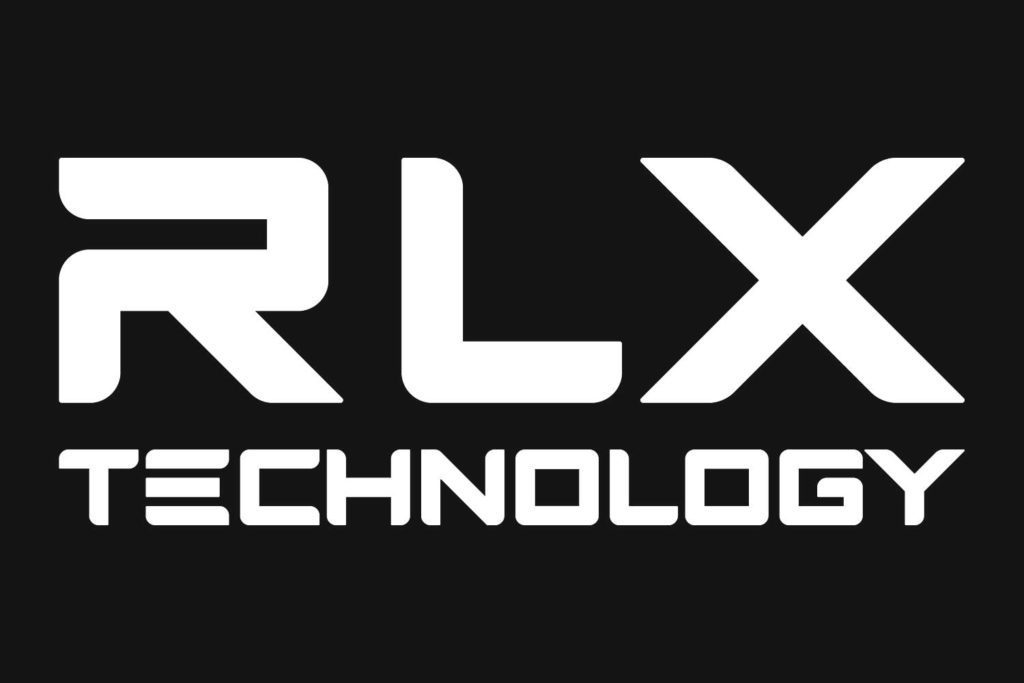


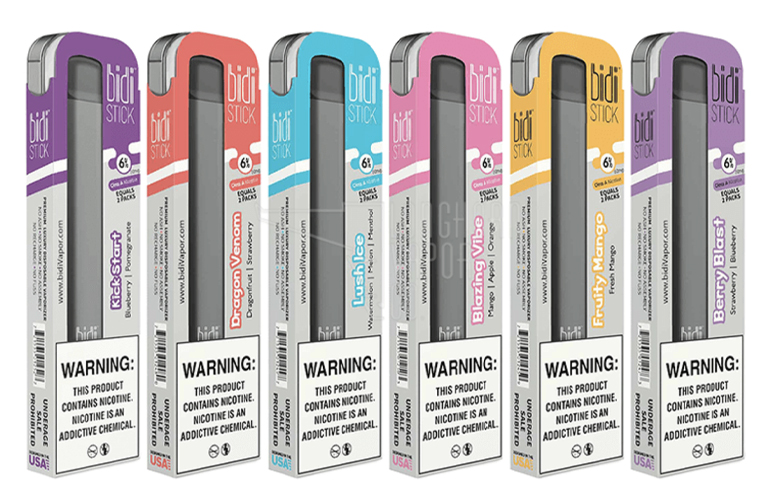









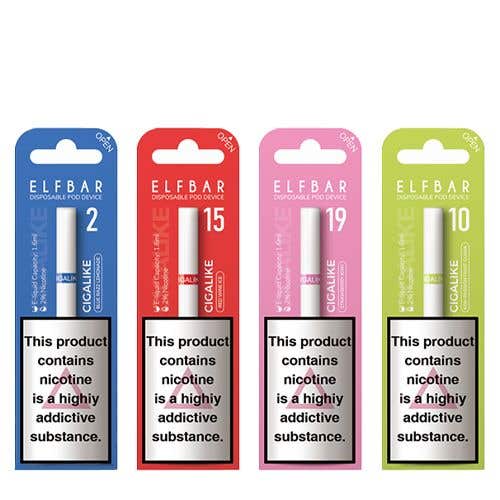
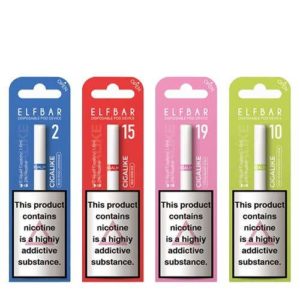 The classic cigalike vape stick is back. Elfbar launched its version of the iconic vape device last month in the UK after it was approved by the sovereign state’s Medicines Healthcare Products Regulatory Agency (MHRA).
The classic cigalike vape stick is back. Elfbar launched its version of the iconic vape device last month in the UK after it was approved by the sovereign state’s Medicines Healthcare Products Regulatory Agency (MHRA).